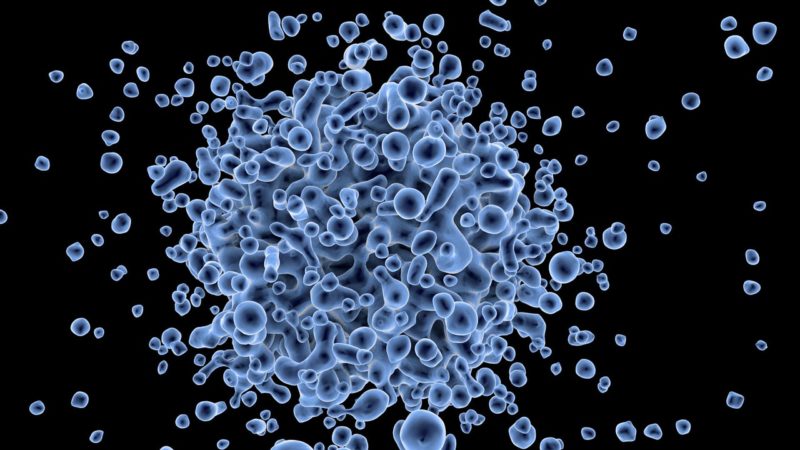Tel Aviv University Scientists Manage to Reduce Breast Cancer Relapse in Mice

According to Israeli scientists, they added a second drug to chemotherapy, which enabled them to reduce the relapse of breast cancer in mice by almost 88% in lab.
Belonging to the Tel Aviv University, the team of academics said that chemotherapy causes inflammation in the body, which may actually nurture breast cancer cells that are able to dodge treatment.
The research
The team said that they decided to add an inflammation blocker to chemotherapy and this helped them counter the impact, thereby reducing the possibility of the cancer returning.
Biologist Prof. Neta Erez and her Tel Aviv University team had conducted the research, which has been peer reviewed, and Nature Communications recently published it as well.
The academics stated that they could adapt this method for human beings as well, but they believe it will take an additional 5 to 10 years to do the extra research.
For years, Erez has been investigating the collateral damage associated with chemotherapy in cancer patients.
While one well-known impact is hair loss, but there is a growing body of research that shows that chemotherapy actually increases the risk of metastatic relapse.
The details
It means cancer returns in the body because of cancer cells that were able to travel away from the tumor during chemotherapy, due to which they were able to survive.
The research involved injecting mice with tumors that were similar to breast cancer in humans and the tumors were then removed as in the case of humans and chemotherapy was performed.
According to Erez, 52% of the mice that received only chemo experienced metastatic relapses, while 6% of those mice relapsed that had been given an inflammation blocker along with the chemo.
She said that they were excited about their findings and hoped they could develop better strategies for their patients in order to mitigate the negative impacts of chemo and to prevent metastatic relapse of breast cancer.
How it started
Erez went on to say that she had started the research as an observation of the negative impact of chemotherapy on patients.
It was conducted with Ye’ela Scharff, Dr. Nour Ershaid, Lea Monteran and Yael Zait. Erez stated that chemo is used for treating a number of cancers and it does kill cancer cells.
However, it is a two-edged sword because the weapon is not a sophisticated one and this is due to the collateral damage it cases.
Chemo even destroys health cells that leads to hair loss. She went on to say that chemo has some harmful and undesirable side effects, which include the damage it inflicts on healthy tissues.
She said that the most dangerous of the impact were the internal inflammations that allow remaining cancer cells to travel to different organs and form metastases.
Erez asserted that the aim of their study had been to figure out how it happens and to come up with an effective solution.
They discovered that cancer cells hiding out in lungs usually lead to a breast cancer relapse, as lungs tend to be more hospitable to these cells after chemo.


